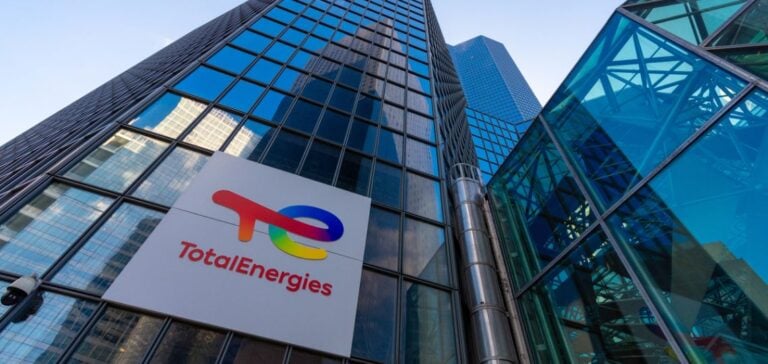COP29, held this year in Baku, saw the notable participation of Patrick Pouyanné, CEO of TotalEnergies, who spoke out in defense of his company and the oil sector’s energy transition efforts. During a public discussion at the Azerbaijan pavilion with Rovshan Najaf, President of the national oil company Socar, and Fred Krupp, President of the Environmental Defense Fund (EDF), he emphasized a realistic approach to achieving climate goals.
“Yes, we are part of the problem,” Patrick Pouyanné admitted while affirming that the company is pursuing a “logic of continuous progress.” He noted that while society remains impatient with the energy transition, the pace of change must align with the economic and technical realities of the sector.
Strengthened Commitment Against Methane Emissions
TotalEnergies announced, in collaboration with Socar, its intention to reduce methane emissions from its activities. This gas, which contributes significantly to global warming, is often released through leaks in pipelines or during extraction. Patrick Pouyanné highlighted that at COP28, 52 oil and gas companies committed to achieving “near-zero methane” emissions by 2030, a figure that has risen to 55 companies this year, representing 45% of global production.
For the CEO, these commitments reflect a collective dynamic: “If these 45% make progress, I’m sure we’ll bring others on board.” He also underscored the importance of technological advancements as a key driver for achieving these ambitious objectives.
A Complex Sector to Mobilize
Patrick Pouyanné emphasized the diversity of actors in the oil sector, ranging from major multinational corporations to national companies that are sometimes less equipped to measure or reduce their emissions. He advocated for technical and financial support for these players, stressing that “the oil industry is not just about the big majors.”
He acknowledged, however, that this transformation will take time, pointing out that European gas demand has recently increased, highlighting the challenges of balancing societal expectations with the reality of energy needs.
A Transition Seeking Balance
When questioned about the perceived slowness of the energy transition, the TotalEnergies leader stressed the importance of avoiding “preaching” and instead demonstrating concrete progress. He affirmed that the urgency of the climate crisis is well understood, but the transformations must proceed collaboratively and progressively, involving all actors in the energy chain.
This call for gradual transition, while criticized by some observers, reflects the position of many major companies in the sector, facing the challenge of reconciling economic performance with environmental goals.






















